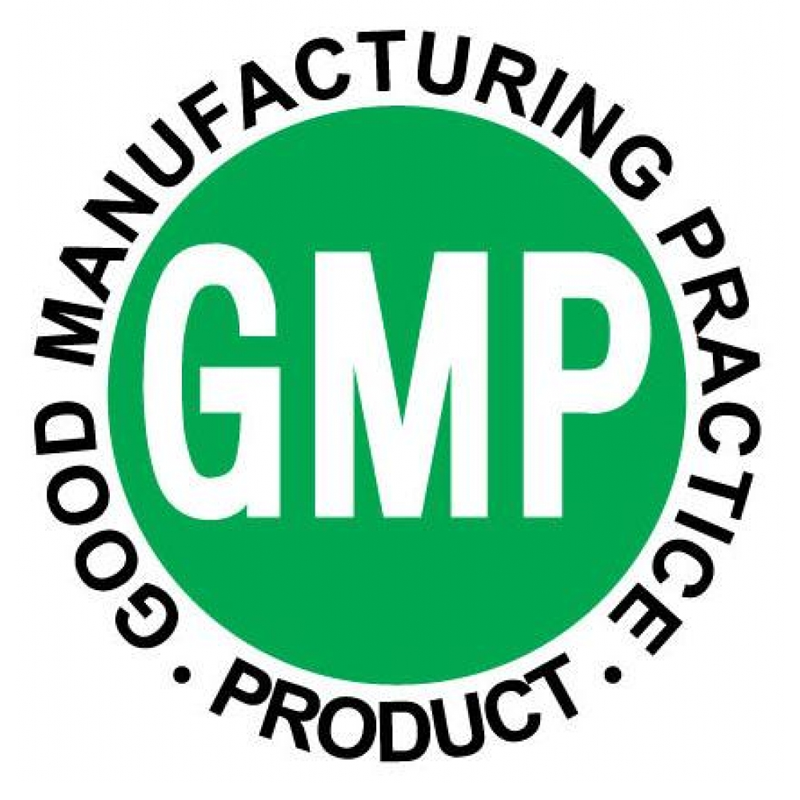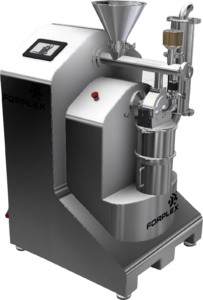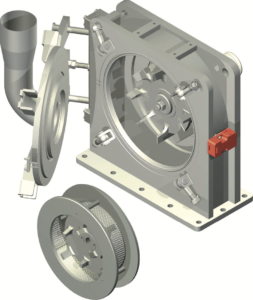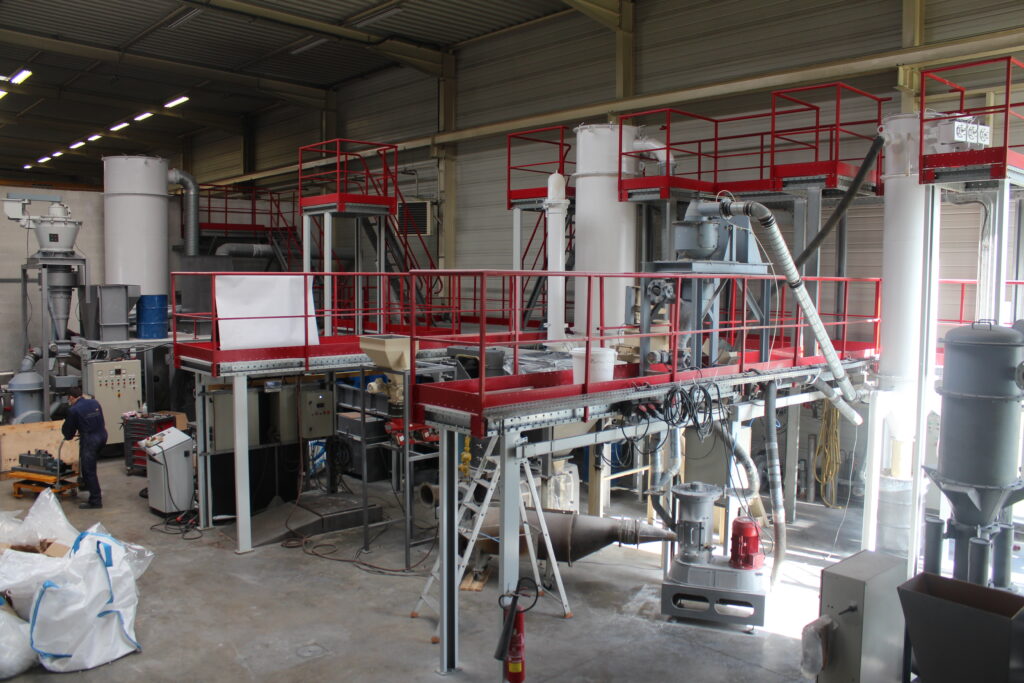Select the ideal mill for the pharmaceutical industry.

Grinding is a crucial step in the pharmaceutical industry, reducing the particle size of active ingredients and excipients, thus guaranteeing the quality, efficacy and safety of medicines. Selecting the right mill is of paramount importance to ensure optimum performance of the pharmaceutical production process. In this article, we explore the essential criteria to consider when selecting the ideal mill for the pharmaceutical industry.
1. Regulatory compliance and quality standards :
The pharmaceutical industry is subject to strict regulations and high quality standards. It is essential to choose a mill that complies with current regulatory requirements, such as GMP (Good Manufacturing Practices) and FDA (Food and Drug Administration) standards.
A mill meeting these standards guarantees the safety, purity and integrity of pharmaceutical products.


2. Material properties :
The materials used in the pharmaceutical industry can vary considerably in terms of hardness, viscosity, sensitivity to moisture, etc. It is therefore important to choose a mill capable of efficiently handling the specific properties of the materials used in the production process.
A mill well adapted to the characteristics of the materials to be ground produces particles of uniform size and shape, essential for the formulation of homogeneous drugs.
3. Cross-contamination control :
Cross-contamination is a critical issue in the pharmaceutical industry, as it can compromise product quality and safety.
It is essential to choose a mill that minimizes the risk of cross-contamination, in particular by opting for mills with hermetically sealed grinding chambers, CIP (Cleaning In Place) cleaning systems, and avoiding unwanted contact surfaces.
4. Easily removable and cleanable equipment:
Hygiene is paramount in the pharmaceutical industry. The mill chosen must be easy to dismantle to allow thorough and efficient cleaning between production batches. Smooth surfaces, with no blind spots, and easy access to the internal parts of the mill facilitate cleaning and reduce the risk of contamination.


5. Production capacity and output :
It’s important to choose a mill that meets the company’s production capacity requirements. The speed and efficiency of the mill determine the output of the pharmaceutical production process. It is therefore essential to assess the production capacity required and choose a mill that can reliably operate at full capacity.
6. Total cost of ownership :
The total cost of ownership of the shredder is a crucial factor to consider. In addition to the initial purchase cost, it’s important to consider the maintenance costs, consumables, energy efficiency and durability of the shredder. A proper assessment of the total cost of ownership enables you to make an informed decision about your investment.
In conclusion, choosing the ideal mill for the pharmaceutical industry is a strategic decision that has a significant impact on the quality and efficacy of the drugs produced.
Taking into account criteria such as :
- Regulatory compliance,
- Material properties
- Cross-contamination control,
- Ease of cleaning,
- Production capacity
- Total cost of ownership
Pharmaceutical companies can select the mill best suited to their specific needs.
A well-chosen mill contributes to optimizing production processes, ensuring regulatory compliance, and delivering safe, high-quality medicines to patients.
Need help configuring your process ?

Benefit from the advice of the POITTEMILL Group, experts in powder processing, drying and classification technology.
Our laboratory and testing center in France offers numerous opportunities to test machines, parameters and processes, at pilot and full scale, to ensure that your product quality and operational efficiency generate maximum return on investment for your company.

